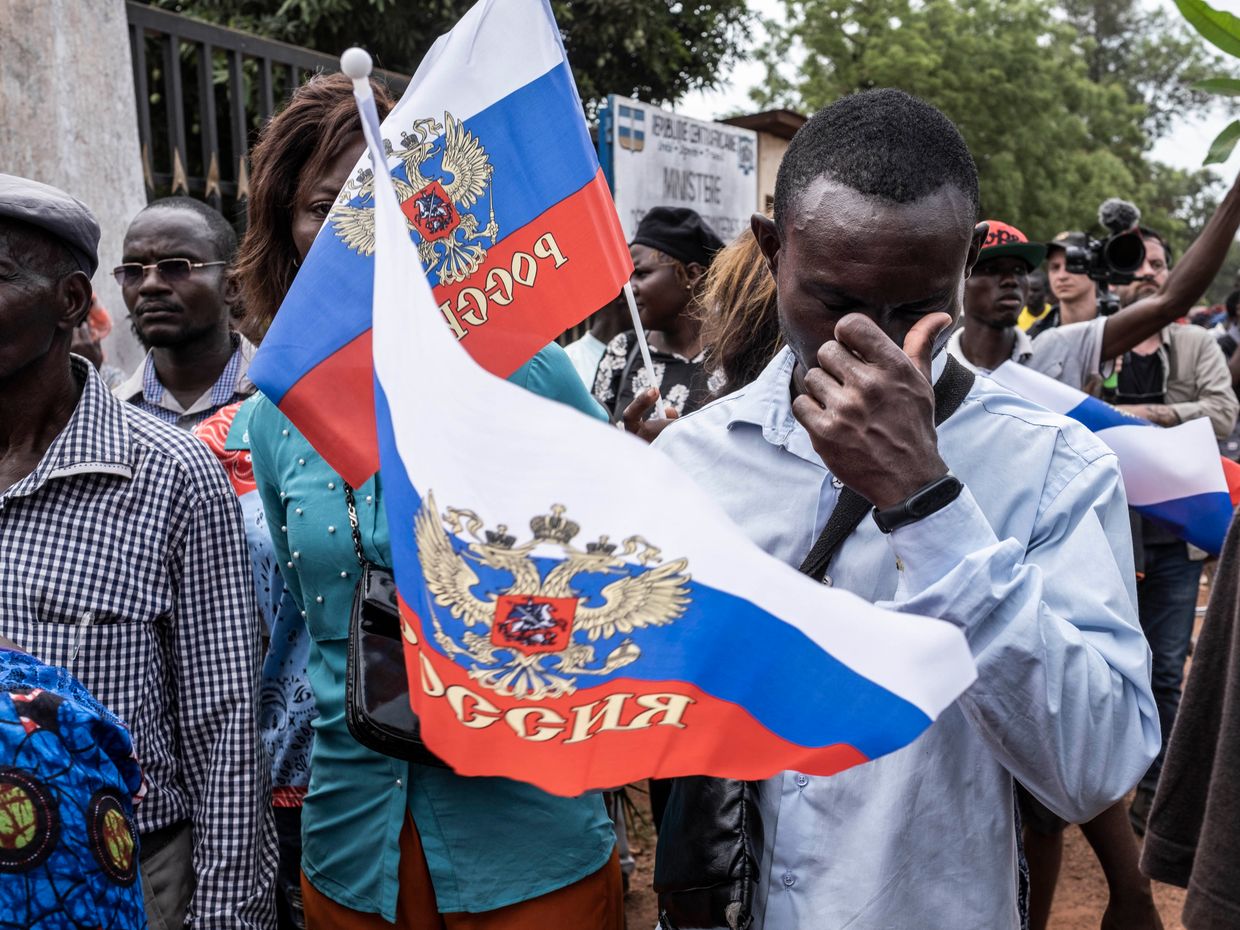Russia scales up propaganda operations across Africa, Ukrainian intelligence says

Russia is actively increasing its influence across African countries, using propaganda networks such as the Russian state information agency TASS and state-owned news outlet RT, Ukraine's military intelligence (HUR) said on July 13.
As of July 13, the channel, widely acknowledged as a Kremlin propaganda machine, is broadcast in more than 40 African countries in six languages, according to HUR's statement on social media.
In June 2025, RT began to produce content in Portuguese for the markets of Mozambique and Angola. By the end of the year, the channel plans to launch broadcasting in Amharic for the audience in Ethiopia, HUR says.
“Russian propaganda is a global threat that works for one purpose — the aggressor's territorial, resource and cultural expansion,” said HUR spokesperson Andrii Yusov in a statement.
Over the past 2 years RT has increased the number of its African partner TV channels twofold, — from 30 to 60.
RT had also implemented educational programs for local journalists, training over a thousand media professionals according to Russian standards in 2024, according to HUR. In June 2025, full-time training began in Addis Ababa, the capital of Ethiopia, and plans are underway to scale up similar programs to other countries.
TASS also plans to develop its networks by opening correspondent bureaus in Ethiopia, Senegal, Algeria, Congo, and other African countries. According to the statement, the Russian Federal Security Service (FSB) controls the recruitment of personnel for the bureaus.
Last year, the U.S. claimed that RT was collaborating with Russian intelligence to target countries globally amid a heavy-handed crackdown on the Kremlin’s disinformation campaigns.
Tech giant Meta, the owner of Facebook, Instagram, and WhatsApp, banned Russian state-run media outlets like RT and Rossiya Segodnya from its sites last year over “foreign interference activity,” which didn't significantly impact its influence, according to experts.
According to Bloomberg, Interpol in Botswana launched an investigation for possible involvement with human trafficking in 2025 into a work-study program 'Alabuga start,' which sent African women to work in Russia, most likely on the military production.
Russian companies had also recruited hundreds of young African women from over 40 countries to work in factories producing military drones in Russia, and plan to recruit thousands more in 2025.











